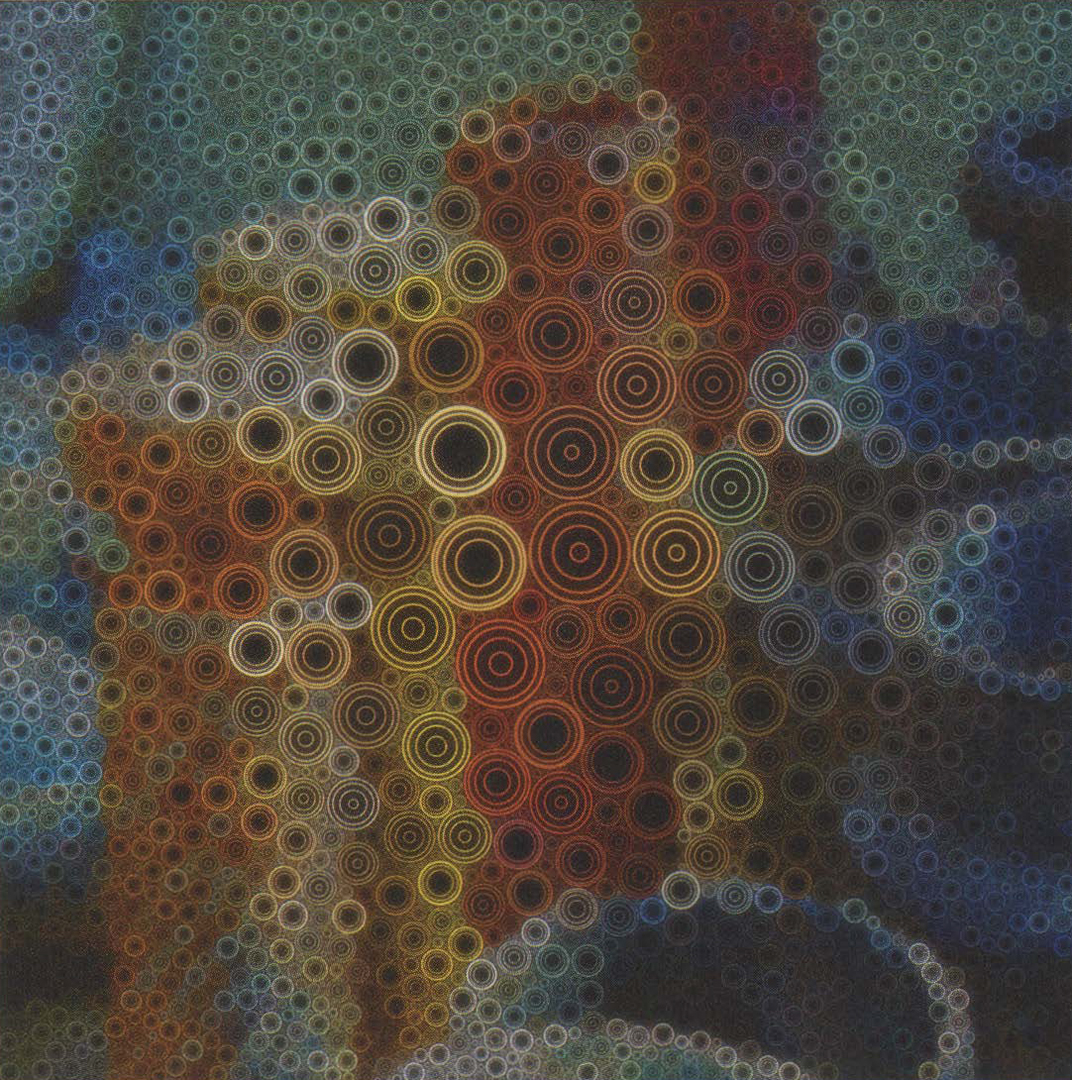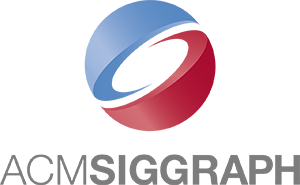Vladimir Sierra: Still Life #2
Artist(s):
Title:
- Still Life #2
Exhibition:
Medium:
- 2D imaging, procedural compositing
Size:
- 28" x 28"
Category:
Artist Statement:
Sierra’s current body of work is heavily influenced by Japanese ukiyo-e prints from the 1800s and by Spanish modernista architecture, which is prevalent in the city of Barcelona. Still Life #2 is one such works that mixes the serenity of the ukiyo-e art form with the lively, dynamic elegance of modernista mosaics. Although this piece appears to be strictly abstract in design, it is in fact a loose rendition of a still-life featuring a close arrangement of pottery pieces. This composition has the unusual characteristic that it shows the least amount of information toward the center where the eye is naturally drawn. However, as the eye moves radially outward, more and more detail is revealed. The effect ends up mimicking a kind of inverted depth focus in which the eye receives the most information around the periphery as opposed to the central focus. The circular “brushstrokes” and choice of bright colors give this image a playful quality that keeps the composition in a perpetual state of motion. The process which Vladimir has developed to create this type of painting is called “ukiyotile”, a word which he has coined based on the aforementioned influences from which he draws inspiration.
Technical Information:
The “ukiyotile” method Vladimir developed to generate this piece consists of three primary steps: design creation, tile generation, and tile coloring. For the first step, a hand-drawn work of art is either scanned or created digitally. Next, a set of helper images is generated based on the original design. These helper images are used to determine tile sizing, tile grouping, and possible areas of exclusion. The next step cross-references each of these images to generate the final tile placement. Finally, during the last step, the original drawing is used to assign an individual color to each tile based on its relative placement in the final image.





